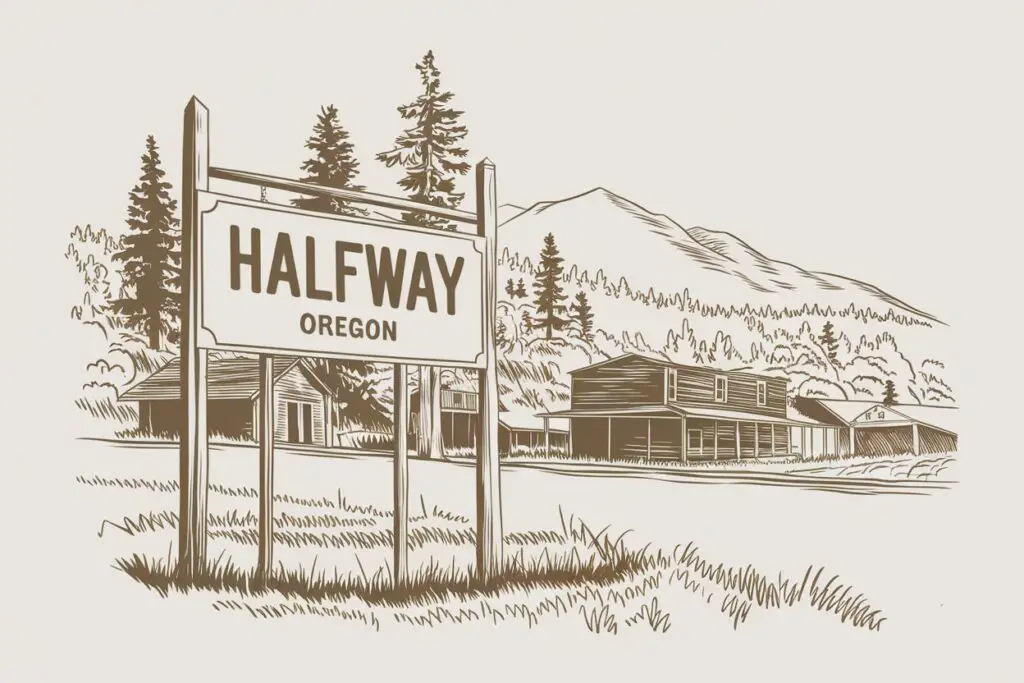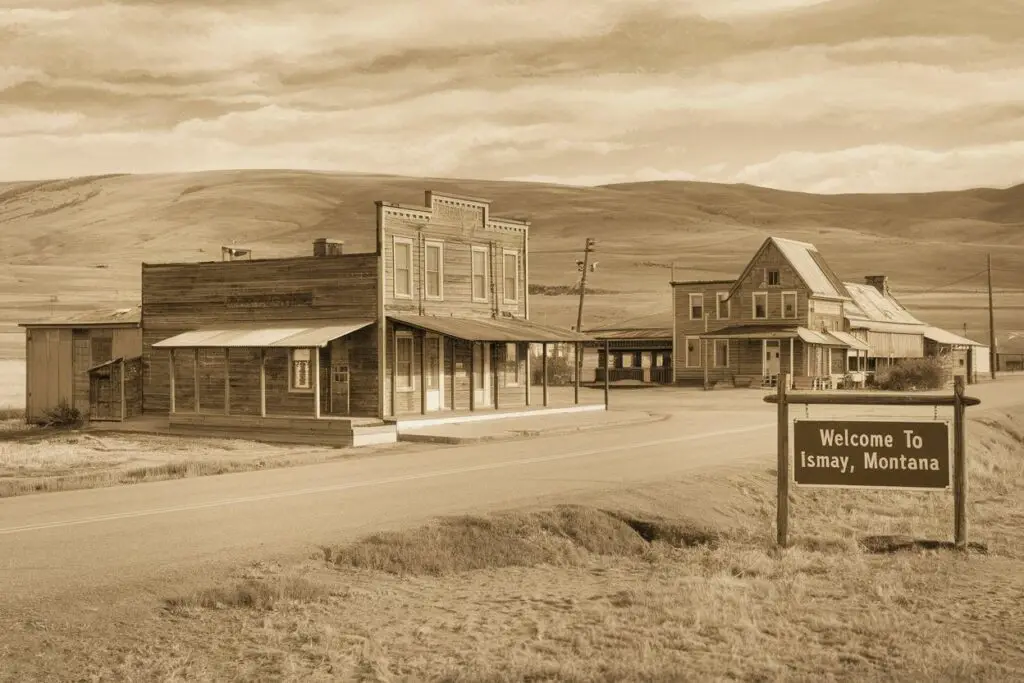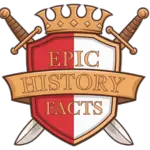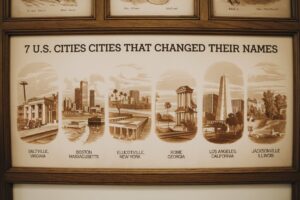1.Truth or Consequences, New Mexico—Renamed After a Game Show
Truth or Consequences, New Mexico, might sound like the title of a Western-themed morality play—but it’s actually the only U.S. town named after a mid-century quiz show. Originally called Hot Springs, the town was known for its therapeutic mineral baths and dry desert climate, attracting health seekers from across the country. But in 1950, it traded its spa-town identity for a shot at national fame. That year, Ralph Edwards, host of the wildly popular NBC radio show “Truth or Consequences,” made a bold offer: he would air the program’s 10th-anniversary episode from the first town willing to adopt the show’s name.
Hot Springs jumped at the chance. On March 31, 1950, residents voted overwhelmingly—1,294 to 295—in favor of the rebrand, and the next day, the town officially became Truth or Consequences. Edwards followed through, broadcasting live from the newly renamed city and returning annually for the next 50 years to celebrate the local “Fiesta” held in his honor. The town, now affectionately nicknamed “T or C,” embraced its quirky new identity, blending pop culture novelty with its historic roots as a wellness destination. Today, it remains a testament to how a publicity stunt turned into a lasting legacy, drawing curious tourists and trivia buffs alike.
2.Halfway, Oregon—Changed Its Name for a Dot-Com Promotion
In the year 2000, the quiet town of Halfway, Oregon—population just over 350—suddenly found itself on the digital frontier. As the dot-com boom surged, a quirky startup called Half.com approached the town with a bold offer: rename the city “Half.com” for one year, and in return, they’d receive $100,000 in cash and tech perks like 22 new computers for the local elementary school. The town council, facing economic decline after the collapse of its logging and mining industries, said yes. And just like that, Halfway became the first American municipality to rebrand itself after a website.

The stunt was equal parts genius marketing and small-town gamble. The company, which specialized in selling used books and media online, got massive press coverage—including a feature in The New York Times and a mention on the Today Show. For a town struggling to stay on the map—literally and economically—the temporary renaming offered a flash of relevance. But not everyone loved it. Some residents felt they were selling out their heritage for a corporate gimmick, and concerns about over-tourism and commercialization crept in.
And the kicker? It worked—at least for the company. Within months, eBay acquired Half.com for a reported $350 million. As for the town, it quietly reverted to its original name after the year ended. No lasting tech boom followed, but for a brief moment in internet history, Halfway, Oregon was the homepage of American innovation.
3.Clark, Texas—Renamed in Exchange for Free Satellite TV
In the annals of American municipal history, few name changes have been quite as unabashedly transactional as that of Clark, Texas. In 2005, this unassuming town of roughly 125 residents, located about 30 miles north of Fort Worth, agreed to rename itself “DISH” as part of a promotional agreement with the satellite television provider Dish Network. The offer? Ten years of free basic satellite TV service and digital video recorders for every household—a deal valued at around $4,500 per home. For a town with just 55 houses, the math added up quickly, and the town council voted unanimously to seal the deal.
The idea was spearheaded by then-Mayor Bill Merritt, who hoped the rebranding would put the tiny town on the map—literally and figuratively. And in a sense, it worked. The quirky name drew national media attention and became a case study in corporate sponsorship taken to its municipal extreme. But not everyone was thrilled. L.E. Clark, the town’s founder and namesake, reportedly felt betrayed—he had fought to incorporate the town in the first place and saw the change as a personal slight.
Still, the residents got their ten years of free service, and the name DISH stuck long after the contract expired. Whether it was a bold marketing stunt or a cautionary tale in civic identity, the story of Clark’s metamorphosis into DISH remains one of the strangest—and most commercially clever—examples of modern American toponymy.
4.Ismay, Montana—Temporarily Became “Joe” for Joe Montana
Small towns often go to great lengths to put themselves on the map—but few have done it quite as literally as Ismay, Montana. In 1993, this remote prairie town with just 19 residents (give or take a rancher) temporarily changed its name to “Joe” in honor of NFL quarterback Joe Montana. The idea didn’t come from within the town itself, but from a Kansas City radio station looking to celebrate Montana’s arrival to the Chiefs. And surprisingly, Ismay said yes—unanimously. The vote? A clean 21-0 in favor of renaming their town “Joe, Montana” for the football season.

The publicity stunt turned into a nationwide curiosity. Ismay’s residents—many of whom had been born and raised in this windswept corner of eastern Montana—were suddenly fielding interviews, posing for photos, and even flying to Kansas City to watch the Chiefs play. They sold “Joe, Montana” t-shirts and hats, raising funds that went straight to their volunteer fire department. For a town founded during the railroad expansion and named after two sisters, Isabelle and Maybelle, this was a bizarre but welcome revival of civic pride.
Still, the name change didn’t magically transform Ismay into a booming destination. The post office burned down years later, and the nearest grocery store remains miles away. But for a brief moment in 1993, Ismay was more than a dot on the map—it was a punchline, a headline, and a celebration of small-town creativity.
5.Dish, Texas—Named After a Satellite Company for Free Service
You might think naming a town after a TV company sounds like a bad sitcom plot, but for the residents of a tiny Texas town, it was a real-life deal they couldn’t pass up. In 2005, the town formerly known as Clark—nestled in Denton County, about 25 miles north of Fort Worth—agreed to rechristen itself “DISH” (yes, all caps) in exchange for a decade of free satellite television. The offer came from Dish Network, which proposed the name change as a bold marketing stunt. In return, every household received free basic service and digital video recorders for ten years—a tempting proposition for a place with just a few hundred residents and limited municipal revenue.
The town, founded only in 2000 and named after its developer Landis Clark, was still young and flexible enough in its identity to consider such a drastic rebranding. And while the move attracted national media attention and gave the town a quirky claim to fame, not everyone was sold on the idea. Some residents expressed discomfort with turning their hometown into what felt like a corporate billboard. Others welcomed the visibility and perks, seeing it as a creative way to put their dot on the map.
Interestingly, DISH’s story didn’t end with television. The town later found itself in the spotlight again due to environmental concerns related to nearby natural gas drilling. Residents reported air quality issues, prompting state investigations and adjustments by energy companies. Despite these challenges, DISH remains a curious case study in municipal branding—a place where identity, economics, and entertainment collided in one of the most literal name changes in U.S. history. As of today, it still proudly wears its all-caps moniker, serving as a reminder that, in America, even your ZIP code can be part of a marketing strategy.
6.Hot Springs, New Mexico—Rebranded as Truth or Consequences for Tourism
Most towns rebrand with subtle shifts—maybe a slogan here, a logo tweak there. But in 1950, a small spa town in southern New Mexico took a leap few others dared: it renamed itself after a game show. Yes, really. Originally called Hot Springs, the town was famed for its mineral-rich waters and healing bathhouses, drawing wellness seekers from across the country. But as the postwar era ushered in a new age of media and marketing, Hot Springs found itself looking for a way to stand out. The opportunity came when Ralph Edwards, host of NBC’s popular radio quiz show Truth or Consequences, announced he’d broadcast the 10th anniversary episode from the first town willing to adopt the show’s name.
On March 31, 1950, with a vote of 1,294 to 295, the town officially became Truth or Consequences—a name that still raises eyebrows today. What was supposed to be a one-time publicity stunt turned into a permanent identity shift, thanks in part to Edwards himself, who returned every year for the next 50 years for an annual fiesta in his honor. The name change worked: the town gained national attention, and its reputation as a quirky, offbeat wellness destination only grew. Today, Truth or Consequences—often shortened to T or C—remains a haven for travelers seeking both hot springs and hot stories, nestled quietly beside the Rio Grande.
7.Gay Head, Massachusetts—Changed to Aquinnah for Cultural Accuracy
It’s not every day that a town votes to rewrite its place on the map—but for Gay Head, Massachusetts, the decision wasn’t just about a name. It was about reclaiming a legacy. Perched on the western edge of Martha’s Vineyard, Gay Head had carried that moniker since 1870, a nod by English settlers to the area’s striking, multicolored cliffs. But in 1997, after a narrow town meeting vote—just 79 in favor to 76 opposed—the community opted to officially become Aquinnah, a Wampanoag word meaning “land under the hill”.
The name change was more than symbolic; it was a deliberate act of cultural restoration. The Wampanoag people have lived on that land for thousands of years, and by the late 20th century, tribal members and town residents alike felt it was time to honor that enduring connection. The Wampanoag Tribe of Gay Head, federally recognized since 1987, played a crucial role in advocating for the switch. They saw it as a way to affirm their presence and heritage in a place that had long borne a name disconnected from their identity.
Of course, change didn’t come without friction. Some residents resisted, citing tradition—or just the bureaucratic headache of updating maps, signage, and addresses. And even today, “Gay Head” lingers in local vocabulary, especially when referring to landmarks like the famous Gay Head Light. But Aquinnah, officially and spiritually, now reflects the land’s deeper story—a quiet triumph of cultural accuracy over colonial legacy.







